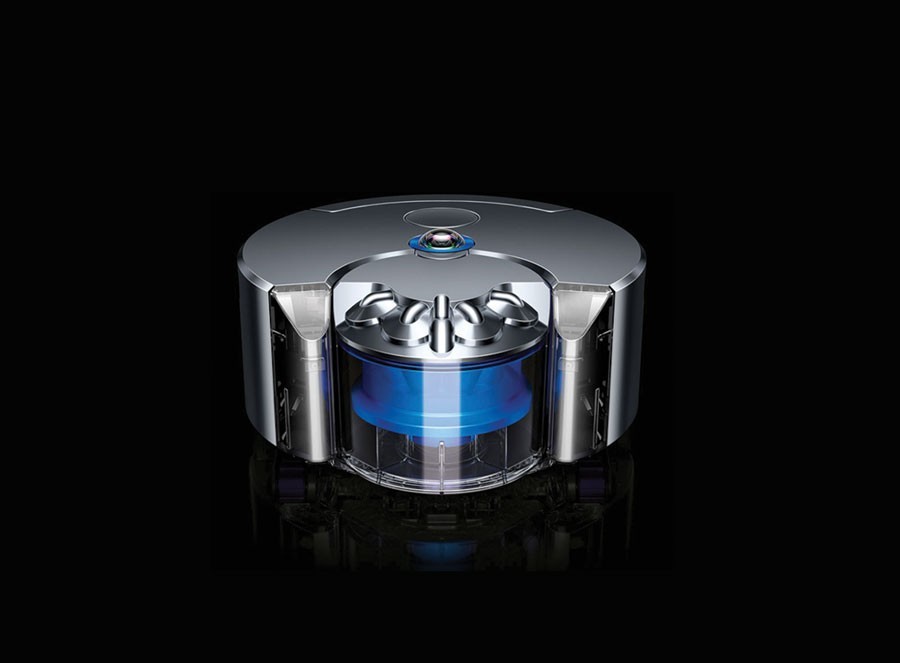Dr Ing. Raphael Grech writes about his love affair with the robot world from Wall-E to the MIT Lincoln Laboratory in the USA
Dyson are mostly famous for their vacuum cleaners but they also invest heavily in research, design and development. At the company, I am an Advanced Robotics Algorithms Engineer, working on robotics research and development of robot consumer products, and have just finished working on a new state of the art robot vacuum cleaner involving robot map building, computer vision, and navigation techniques. My interest in robotics dates back to when I was still a very small child. My first exposure to robots was through Japanese cartoons such as Mazinga Z, Goldrake, and Transformers, reinforced by science fiction movies such as I Robot, and Wall-E. When I started my engineering degree I realised that designing intelligent machines was far harder than that depicted in movies. This challenge led me to chase a career in robotics research and strive to turn science fiction into science fact.
I obtained my first degree from the University of Malta in Electrical and Electronics Engineering back in 2001. I held positions at Methode Electronics Malta Ltd. and Carlo Gavazzi Malta Ltd. Responsibilities included the design, development and commissioning of automated robot systems, product management, and leading the industrialisation of products developed within the research and development department. I also read for an M.Phil. in Mobile Robotics (University of Malta) on a part-time basis which I completed in 2007. In this study I researched and developed a robust control method for a wheeled mobile robot navigating in an unstructured environment to track a specific trajectory whilst also avoiding obstacles. Apart from various computer simulations and mathematical models, this work involved the design and building of the robot.In 2009 I decided to relocate to the UK. I started reading for a Ph.D. in Multi-Robot Vision.
It focused on robot sensing using cameras and computer vision. I developed a model which makes robots capable of handling visual information captured from cameras, then filter, and store only the relevant information in an adaptive and dynamic memory that tries to mimic human performance. By the end of it we had a fully autonomous team of robots capable of collectively surveying, learning, and sharing salient visual information of the environment even without any prior information. This work has proven a hit and I have presented my work in several international conferences, including at the MIT Lincoln Laboratory, part of the US Department of Homeland Security. I also interned at AIST (Advanced Institute of Science and Technology) in Japan, the birthplace of one of the most human like robots to date: HRP-4C. Robotics is a very new engineering branch. It can be quite demanding with steep learning curves, but I have found it an exciting field that needs more young minds to meet its challenges. •
To follow Dr Ing. Grech’s work see:
www.raphaelgrechphd.blogspot.com





Comments are closed for this article!